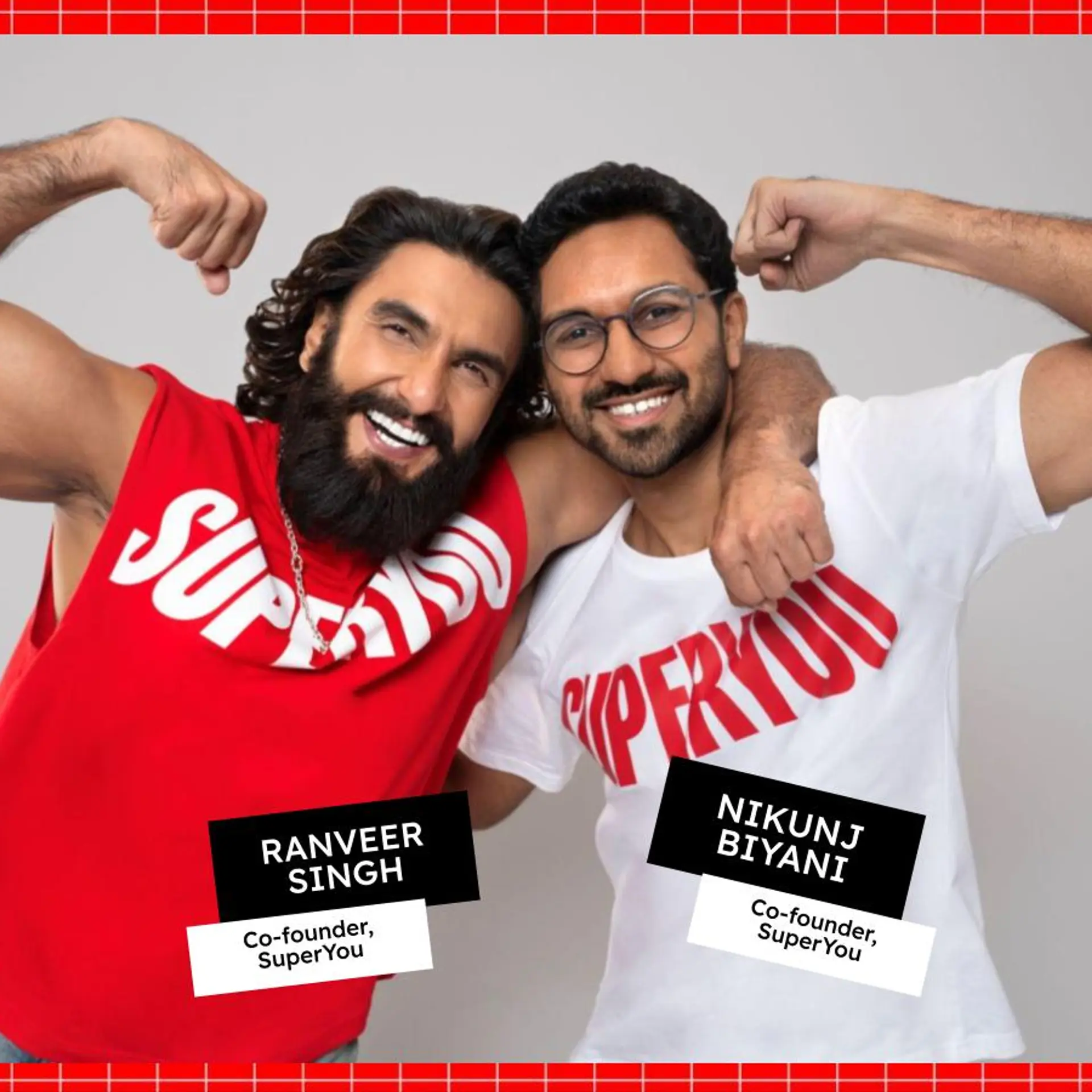Pivot and Persist: This filmmaker-turned-entrepreneur is eyeing a turnover of Rs 1 Cr after breaking into the wellness industry
The pandemic has forced consumers to become more health and hygiene-conscious, and in a bid to take advantage of that, as well as provide social service, 26-year-old Devir Singh Bhandari is dipping a toe in the wellness industry.
Devir Singh Bhandari started his career with an internship at Yash Raj Films (YRF) production house. A promising, talented youngster, he was on the up and up in Bollywood, and, in a short span, even managed to garner some clout.
But an itch to do something more meaningful though pulled the now 26-year-old back to Delhi, and he decided to make films independently. He started taking any projects that came his way, and slowly expanded his portfolio to include corporate films and video projects for the Government of India which had a social message.

Devir Singh Bhandari
The decision to make films independently was spontaneous, says Devir, and while most people don’t appreciate spur-of-the-moment changes, extemporising is his forte: “I have always been able to run with whatever has come my way,” he quips.
So when the coronavirus lockdown disrupted his company DSB’s plans, Devir was unperturbed.
Set up in 2015, the five-year-old company operates three units: filmmaking, providing security products and solutions, and helping companies figure out their CSR activities.
The coronavirus pandemic forced DSB to suspend its filmmaking operations, and put Devir in a spot – filmmaking was his passion, and the unit had not been doing well.
Still, instead of being upset about the situation, he took the hit in his stride and decided to start evaluating other business opportunities, looking closely, especially at those that had been doing well during the lockdown.
“We realised that essential commodities were a lot in demand, and I knew I had to give shape to this observation,” he says.
With a recession looming on the horizon, and salary cuts and layoffs are already starting to dent people’s savings, Devir realised that people were in no mood to spend on anything but essentials. His observations and research pointed him in the direction of healthcare and wellness services, and that’s how Klover came into being.
Housed under the DSB umbrella, Klover is a one-stop-shop for everything that can help people avoid contracting the coronavirus. It provides end-to-end disinfectant services, sells items such as sanitisers, hand wash soap, household essentials, and masks, among several other things.
Devir says the startup is still in very early stages at the moment, and will eventually add on more wellness products as it partners with brands. “We are currently selling in multiple places out of a van, taking it to the doorsteps of residential societies in Delhi, where people can buy essentials. We wanted to get started quickly, so right now, we are just sourcing and selling,” he says, adding the business will be developed further over the year.
The plan for the next few months is to launch an ecommerce platform, and add more categories and products to its health and wellness offerings. Devir says the startup is eyeing both B2C and B2B spaces, but his immediate focus is disinfection services, and sale of essential products.
Multi-pronged strategy
Right now, the startup has been buying disinfectant machines, and providing sanitisation services for less than Rs 500 in residential buildings and offices.
It has also partnered with Resident Welfare Associations (RWAs) in Delhi to allow people to buy some of those machines from Klover, for Rs 3,000, and make money out of the services they provide to residential and commercial setups.“It’s like the Ola and Uber model,” says Devir.

The associations are given the option of either paying for these machines upfront, or later with their earnings from providing services.
So far, Klover has sold more than 1,000 disinfectant machines and is now looking to partner with home-servicing organisations such as the Urban Company.
Most of DSB’s employees – around 100 fulltime employees and freelancers – have been diverted to running Klover to prevent layoffs and pay cuts.
“We are trying to create a win-win situation by helping as many people keep their jobs as we can, and sanitising places at the same time – thus sealing the deal on our collective fight against COVID-19,” says Devir.
A social service angle
Coming from an army family, Devir has been taught to put his country, and countrymen, above everything else. He thinks of himself as a social entrepreneur, and almost always reinvests all revenue from DSB back into the startup to keep operations running, and his people, employed.
While he did not comment on DSB’s revenue, he said it is bootstrapped, and will continue to be if it is sustainable on its own.
Devir has invested close to Rs 20 lakh into Klover, and he plans to put in at least Rs 50 lakh more to scale the brand this year. It is eyeing revenue of Rs 1 crore in FY 2021.
The healthcare and wellness industry is a very crowded and competitive space, he says, but adds that Klover will stand out for playing a larger role in the ecosystem.
Besides running a company and following his passion for filmmaking, Devir is writing a book, and aspires to, someday, become a politician.
YourStory’s Pivot and Persist series spotlights Indian startups that are pivoting to seize new business opportunities, transforming their business models and offerings to navigate the current COVID-19 crisis.
Edited by Aparajita Saxena









